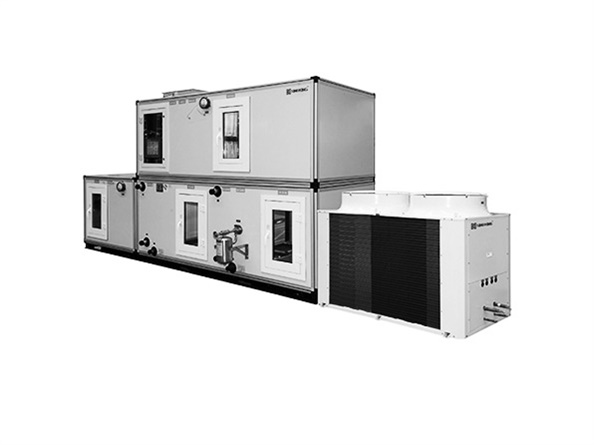The Precision Guardians: Industrial Thermostats
In the complex world of industrial processes, maintaining precise temperature control is not just a matter of comfort; it's a critical factor for ensuring quality, efficiency, and safety. Enter industrial thermostats, the unsung heroes that play a vital role in keeping operations running smoothly.
One of the primary advantages of industrial thermostats is their remarkable accuracy. These devices are engineered to measure and regulate temperatures with an extremely high degree of precision. This is essential in industries such as manufacturing, where even the slightest temperature variation can affect the properties of materials or the outcome of chemical reactions.
The adaptability of industrial thermostats is another key feature. They can be easily integrated into a wide range of industrial systems and equipment, regardless of the size or complexity of the operation. Whether it's a large-scale production line or a specialized piece of machinery, these thermostats can be customized to meet the specific temperature control requirements.

The durability of industrial thermostats is worth highlighting. Built to withstand the harsh conditions of industrial environments, they are resistant to shock, vibration, dust, and moisture. This ensures reliable performance over an extended period, minimizing the risk of downtime and costly disruptions to the production process. Energy efficiency is a significant benefit that industrial thermostats offer. By precisely controlling the temperature, they prevent unnecessary energy consumption. This not only reduces operational costs but also contributes to a more sustainable and environmentally friendly industrial operation. The real-time monitoring capabilities of these thermostats provide valuable insights. Operators can constantly keep an eye on the temperature readings and make immediate adjustments if needed. This proactive approach helps prevent potential issues before they escalate, saving time and resources. Industrial thermostats also come with advanced programming options. This allows for setting different temperature profiles based on specific production schedules or process stages. For example, a thermostat can be programmed to increase the temperature during a heating process and then maintain a constant temperature for a specific duration. The user-friendly interface of modern industrial thermostats makes them easy to operate and configure. Even without extensive technical expertise, personnel can quickly understand and adjust the settings to achieve the desired temperature control. Another advantage is the compatibility with various heating and cooling systems. Whether it's a traditional HVAC system or a specialized industrial heating element, the thermostats can effectively manage and regulate the temperature output. The safety features incorporated in industrial thermostats are of paramount importance. They are designed to prevent overheating or extreme temperature fluctuations that could pose risks to equipment and personnel. In case of a malfunction or abnormal temperature reading, they trigger alarms or automatic shut-off mechanisms to protect the entire system. In conclusion, industrial thermostats are indispensable tools that offer precise temperature control, adaptability, durability, energy efficiency, real-time monitoring, and advanced programming options. By ensuring optimal temperature conditions, they contribute to enhanced product quality, increased productivity, and a safer working environment in industrial settings. Investing in high-quality industrial thermostats is a strategic decision that pays off in the long run, driving the success and efficiency of industrial operations.
 Environmental yearning for sew
Environmental yearning for sew
 Improvement of sewage treatmen
Improvement of sewage treatmen
 Environmental protection refor
Environmental protection refor
 Environmental protection techn
Environmental protection techn


